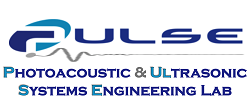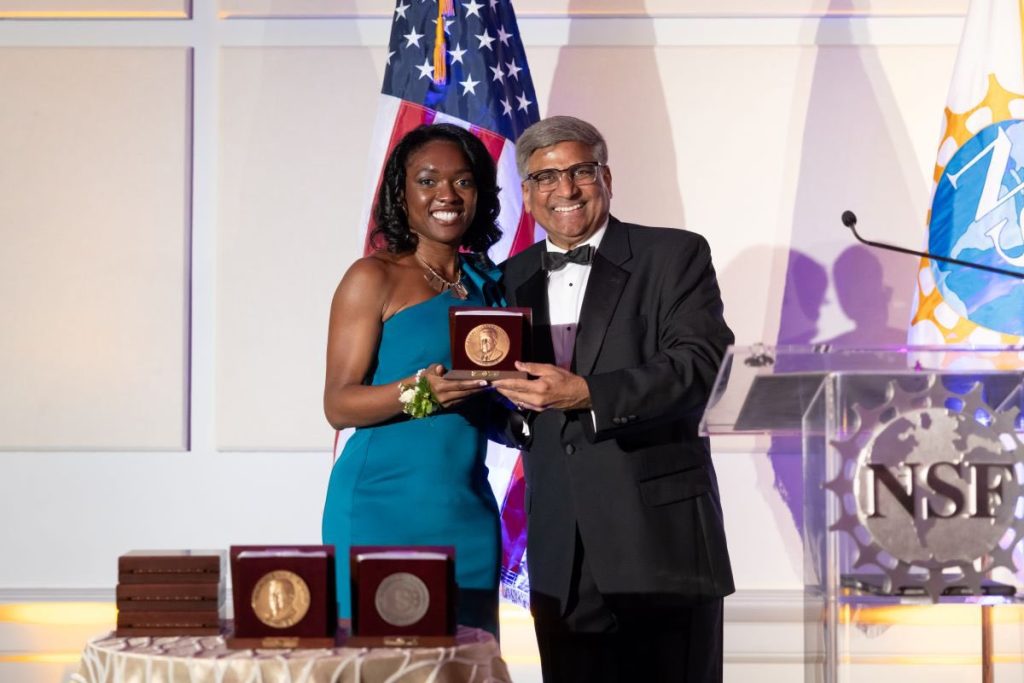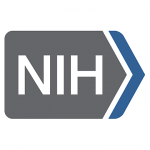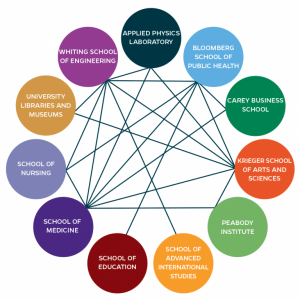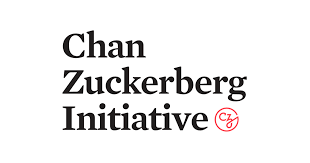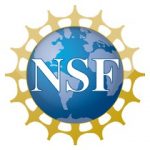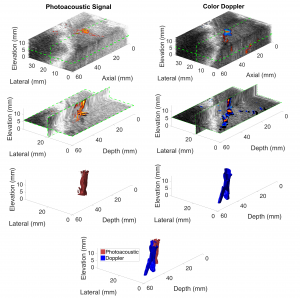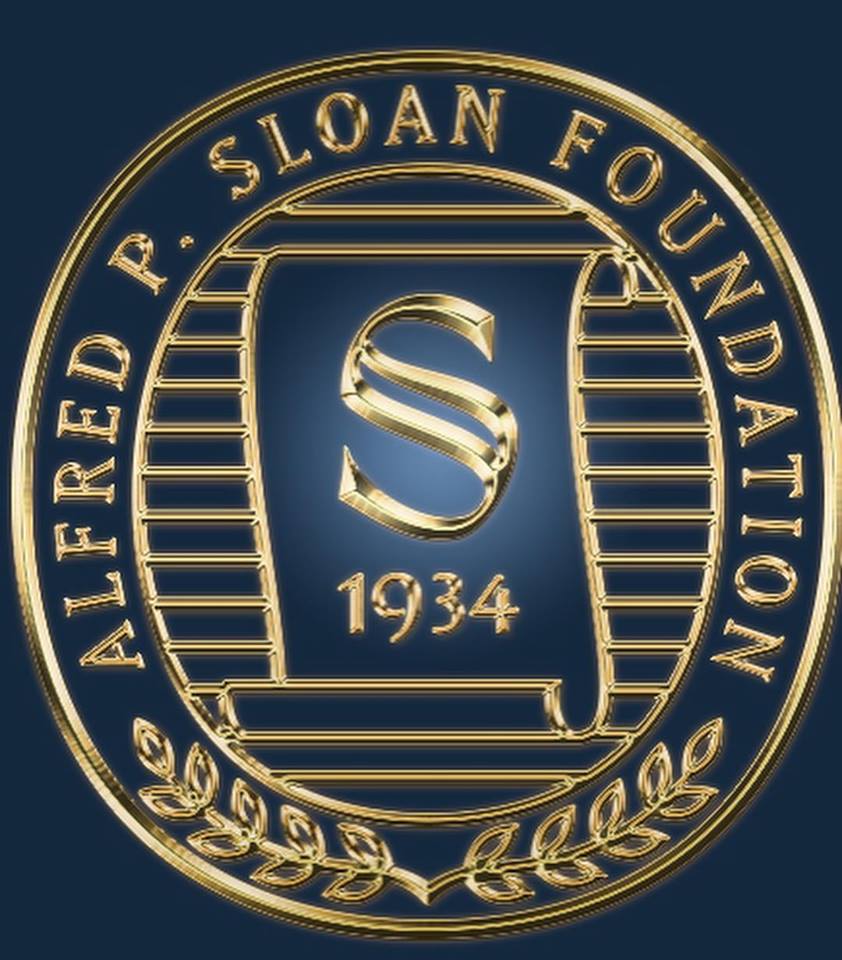
The PULSE Lab received a $115,000 TEDCO Technology Assessment Award from the Maryland Innovation Initiative to commercialize technology related to peripheral nerve injury. The project title is “A Non-invasive Imaging Device to Modernize Treatment of Peripheral Nerve Injury.”
Peripheral neuropathy occurs when the nerves that are located outside of the brain and spinal cord (peripheral nerves) are damaged. Causes of peripheral nerve injuries include injury from
accidents (sports), injury from medical conditions (autoimmune disease, diabetes, Guillain-Barre syndrome and carpal tunnel syndrome), and injury during surgical interventions. Severe nerve
injuries affect the sensory and motor functions, and lead to devastating impact on patient’s quality of life. The main treatment method of severe nerve damage is through nerve reconstruction
surgery. 250K patients are affected by peripheral nerve injury each year in the US and 150K are managed surgically. The choice of technique for surgical nerve repair is largely determined by nerve injury location. During surgery however, it is very difficult to establish the exact location and extent of a nerve injury. Viopsy will be the first commercially available device to quantify peripheral nerve viability intraoperatively and monitor nerve regeneration prior to target organ reinnervation. In doing so, this device is anticipated to transform the practice of peripheral nerve surgery. This work will be completed as a collaboration among Prof. Bell (PI), Sami Tuffaha, MD (co-investigator), and Shri Prabha Shivram (research specialist).
The PULSE Lab’s pioneering publications in this area include:
- Graham MT, Sharma A, Padovano WM, Suresh V, Chiu A, Thon SM, Tuffaha S, Bell MAL, Optical absorption spectra and corresponding in vivo photoacoustic visualization of exposed peripheral nerves, Journal of Biomedical Optics, 28(9):097001, 2023 [pdf]
- Graham M, von Guionneau N, Tuffaha S, Bell MAL, Design and optimization of simulated light delivery systems for photoacoustic assessment of peripheral nerve injury, Proceedings of SPIE Photonics West, San Francisco, CA, January 22-27, 2022 [pdf]
The foundational research to support this work was initially funded by a Johns Hopkins Discovery Award.
